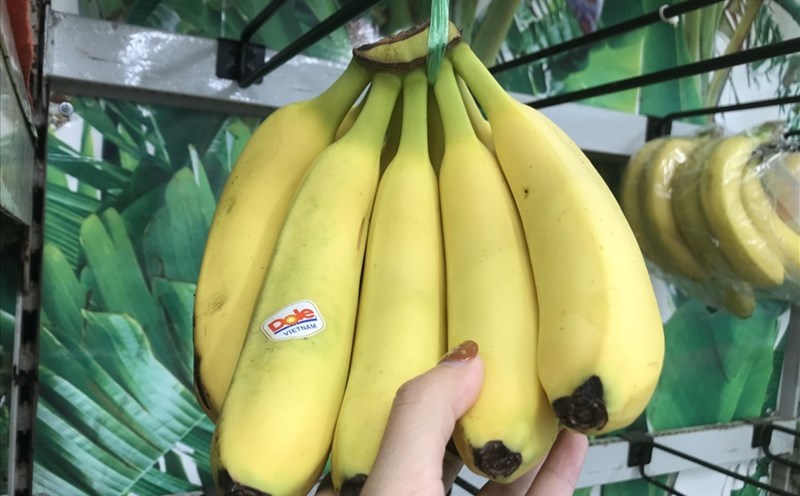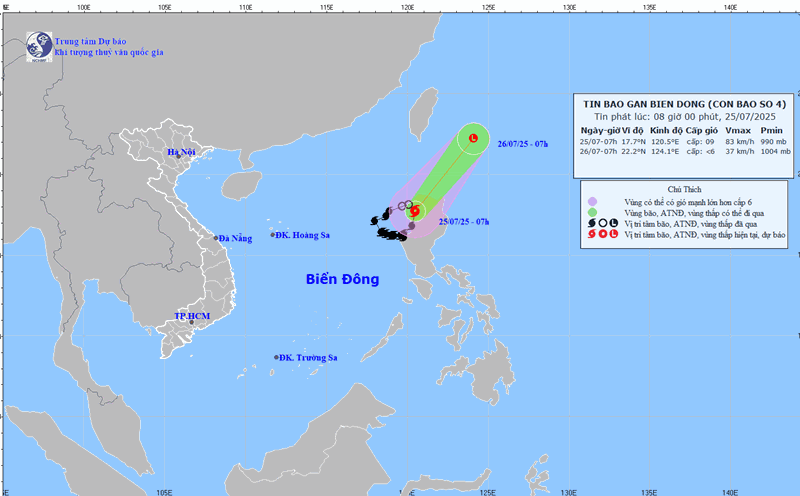Avocado provides monounsaturated fat (MUFA) that helps reduce bad cholesterol (LDL), thereby reducing the burden on the cardiovascular system, a factor closely related to chronic kidney disease.
Avocado is also rich in antioxidants (vitamin E, lutein) that help reduce oxidative stress and inflammation, protecting renal Tube cells.
The high fiber content improves intestinal health, supporting ure excretion through the attachment mechanism in the intestines.
A diet supplemented with unsaturated fats from avocado helps reduce inflammatory index (CRP) by 12% and improves renal plaque filtration function in patients with stage 2-3 CKD.
Avocado is rich in potassium (about 485 mg/100 g). People with kidney failure must limit potassium to avoid the risk of hyperkalemia that disrupts heart rate. Therefore, it is impossible to eat avocado freely like healthy people.
How to eat avocado safely for people with kidney failure:
Portion control:
According to the National Kidney Foundation's recommendation, people with kidney failure should only eat about 1/4-1/3 avocados (about 30-50g) at one time, up to 2-3 times/week, depending on the blood potassium test results.
If the potassium in your blood is high, you should limit avocado or consult a doctor.
Avocado should be eaten as a snack or snack, not along with main meals that are high in potassium (such as potatoes, bananas).
Eat it in the morning or at noon to give the body time to metabolize and excrete more potassium through the kidneys.
Fresh avocado, mashed with salted milk rolls or low- potassium green salad (sage, cabbage) can be eaten.
Avoid blending avocado with condensed milk, whole milk or sugar because increasing sugar and phosphorus levels is not good for the kidneys.
Do not add salt, fish sauce or other spices high in sodium.
Incorporate avocado in your kidney menu:
Breakfast: 1 slice of whole grain mi + 1/4 mashed avocado + 1 boiled egg.
Snack: Avocado smoothie with unsweetened almond milk, about 40g butter.
Light salad: Boiled cabbage, cucumber and butter mixed with olive oil, without salt.
Note, for people with kidney failure, they should periodically monitor blood potassium, creatinine and eGFR levels according to the doctor's instructions.
If you show signs of fatigue or arrhythmia after eating avocado, you should stop immediately and see a doctor.
Combine avocado with a low-salt, low- potassium vegetable and lean protein diet to maximize benefits.








